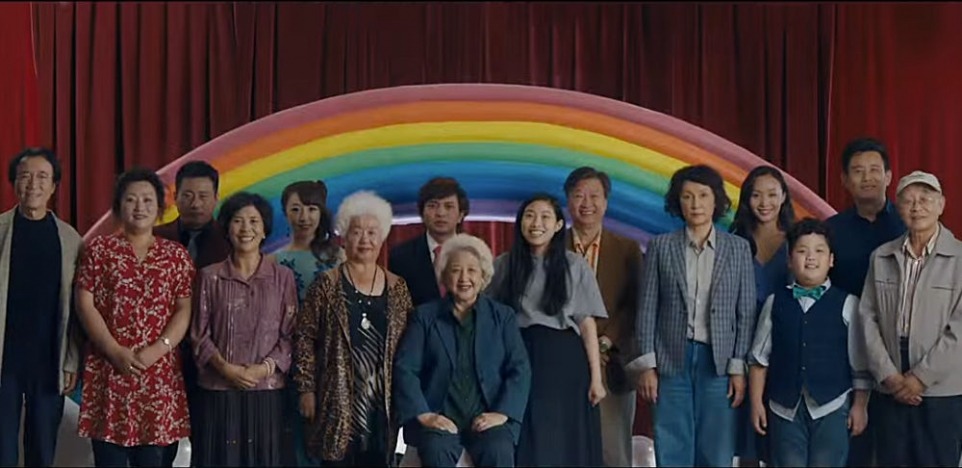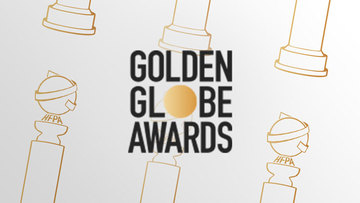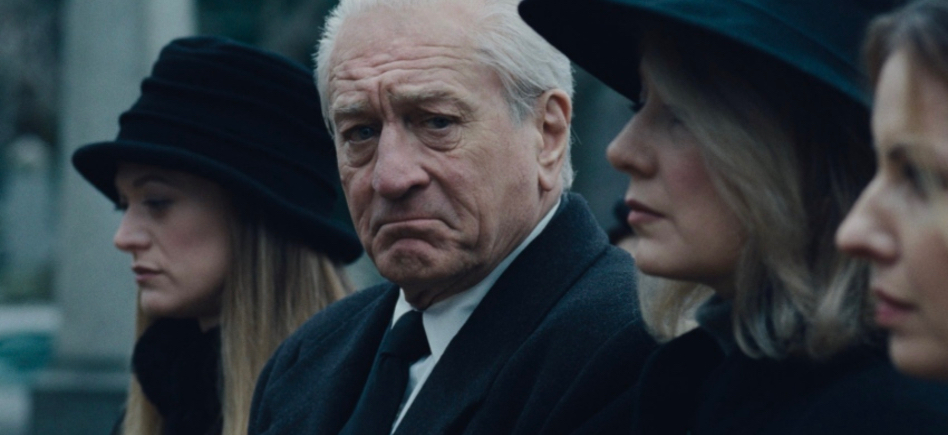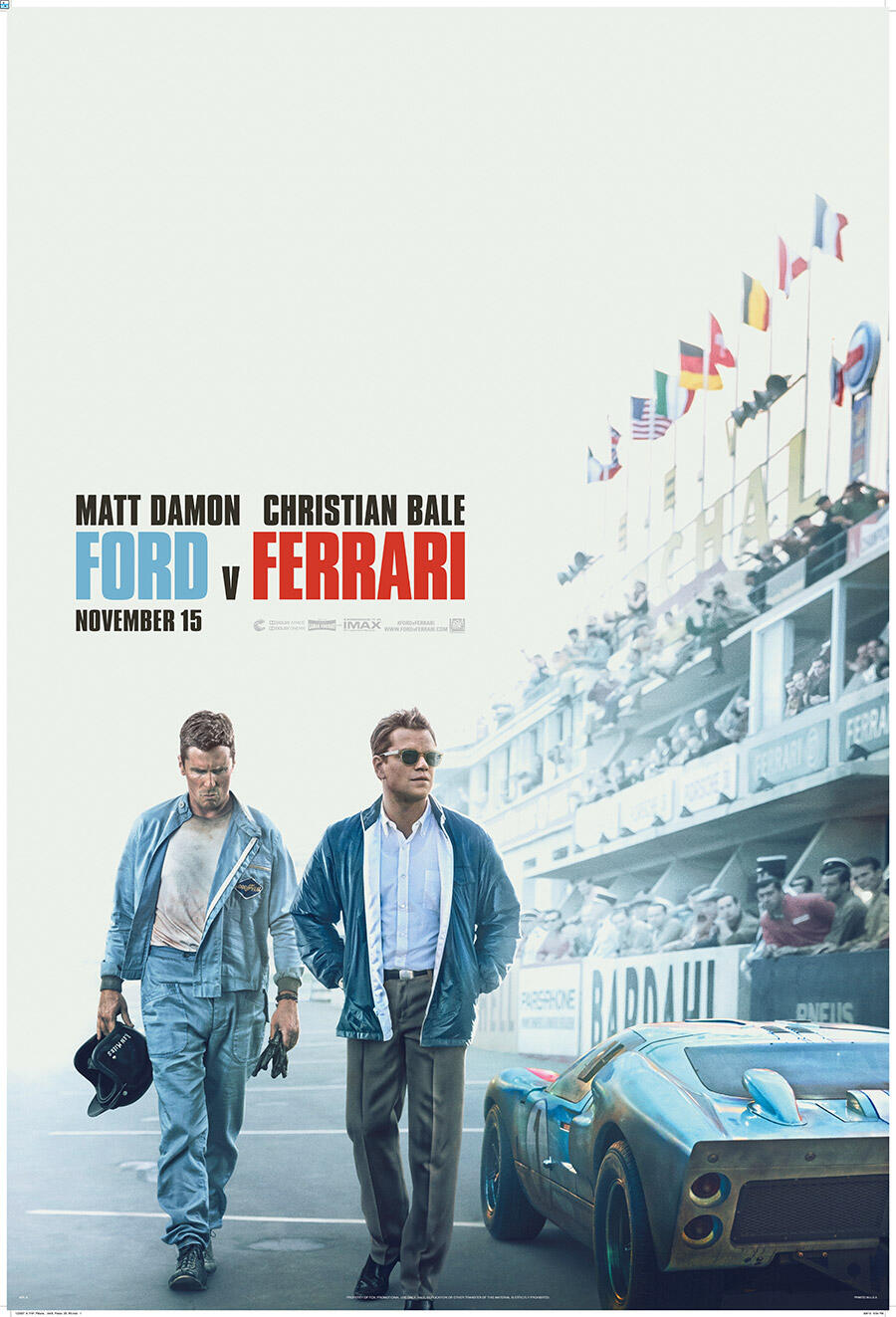
As I sat in the movie theater for "Avengers: Endgame", a initial feeling of dread came over me. The trailers - "Aladdin", "Godzilla: King of the Monsters" and "Spider-Man: Far from Home" - shown before the film were a sad reminder of the state of popular cinema in 2019, with nary an original concept in sight. To make matters worse, the two prior installments of "The Avengers" had left me wanting. As such, I feared the worst for what would surely be an overblown piece of fan service.
After the subsequent 3 hours of this epic conclusion to the Marvel Cinematic Universe's "Infinity Saga", however, I admittedly felt guilt for my prejudice. Alleviating all of my fears, I was thoroughly satisfied with the accomplished filmmaking on display. Taking place in the apocalyptic aftermath of the "Infinity War", this film brings a level of humanity and humility rarely seen before in the MCU.
Reduced to vulnerable human beings in the wake of the cataclysmic events caused by supervillian Thanos, the remaining Avengers are desperate to reverse the course of history. Some years later, an unexpected solution arises when Ant-Man emerges from the quantum realm. Based on his experiences in this alternate universe, the Avengers devise a time-travelling master plan so crazy that it could spell either further destruction or salvation.
With a decidedly downbeat first hour, "Endgame" quickly lets audiences know that they are in for an ambitious story arc. Indeed, the stakes have never been higher, as the Avengers seem to have come to terms with their failure. The costumes and superpowers are largely absent and in their place are human beings mourning the friends and families they've lost.
Due to this rare moment of vulnerability, these characters who we've come to know and love reveal their true selves. And through this, the film allows the actors to shine by subverting their trademark personas. As the leaders with conflicting worldviews, Robert Downey Jr. and Chris Evans bring new shades to Iron Man and Captain America. The former's cocky sarcasm is now tempered by a sense of despair and melancholy. And the latter displays a jaded cynicism that starkly contrasts his usual optimism. But perhaps the most eye-opening performance comes from Chris Hemsworth, portraying Thor as a man whose unwavering confidence has finally been shattered. In addition to his much talked about
physical transformation, there's an everyman humility that showcases Hemsworth's comic talents to great effect. In my opinion, he's never been better.
Of course, while we bear witness to the fragility of their heroes, they must inevitably rise to the occasion. And as the script sets things in motion for the final showdown, the film kicks into high gear in ways that only a mega-budget blockbuster can deliver. Indeed, we can see the money on the screen, with dazzling visual effects and elaborate production design.
Marvel Studios president Kevin Feige has long claimed that each film in the Marvel Cinematic Universe is conceived as a particular genre film. Whether it's the intergalactic space adventures of "Guardians of the Galaxy" or the espionage thriller underpinnings of "Captain America: The Winter Soldier", they are crafted with a keen understanding of the associated tropes. Unsurprisingly, this has paid dividends through the enthusiastic responses from cinephiles everywhere.
Admittedly, when these characters come together as The Avengers, the filmmakers sometimes struggled to craft a coherent vision. But that is not the case here. "Avengers: Endgame" shows a remarkable synergy between the heist, space exploration and character drama elements. And ultimately, it culminates in a sublime coda that speaks to the power of love and the precious gift of life. After more than a decade of making us want to be superheroes, "Avengers: Endgame" shows us the strength and beauty of being human.


















































